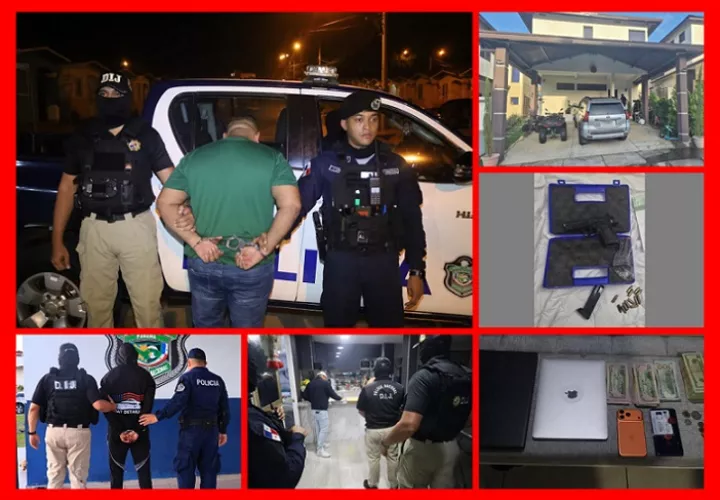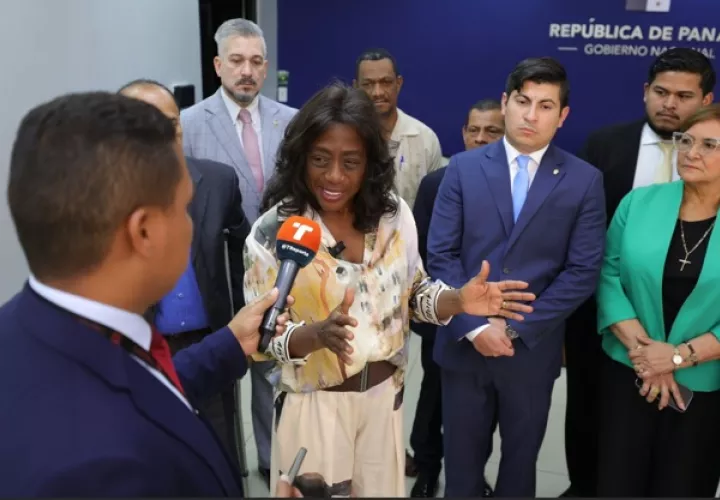MEDIA WATCH: The fall of a Human rights icon

TMS News Service -The world is a mess. Wars are devouring civilian lives. In the United States and elsewhere, populist leaders are eroding eroded democratic norms and coarsening public discourse. Many dictators are jailing and killing their opponents with impunity.
In some ways, though, the events in Burma over the past year have been uniquely horrific writes Christian Caryl in the Washington Post
In August, in what it depicted as retaliation for a few minor attacks launched by insurgents acting in the name of the Muslim minority known as the Rohingya, the Burmese military launched a wave of attacks on Rohingya communities, burning and killing in a calculated effort to drive them out of the country and across the border into Bangladesh.
 Since then, almost 700,000 people have made the journey, bringing them with a few scant possessions and countless tales of atrocities, including gang rapes, the murder of children and the destruction of entire villages. What makes the survivors’ accounts even more disturbing is the realization that many of the horrors they describe were coolly planned and premeditated, as documented in a recent report by Human Rights Watch.
Since then, almost 700,000 people have made the journey, bringing them with a few scant possessions and countless tales of atrocities, including gang rapes, the murder of children and the destruction of entire villages. What makes the survivors’ accounts even more disturbing is the realization that many of the horrors they describe were coolly planned and premeditated, as documented in a recent report by Human Rights Watch.
Think about that: In the early 21st century, a government institution has consciously set about to eliminate an entire ethnic group’s presence within its country.
And fatefully implicated in this nightmare is a woman who, not that long ago, exemplified heroic endurance and courage in the pursuit of democratic ideals. Aung San Suu Kyi, Burma’s de facto leader, now stands accused of betraying the ideals for which she was once lionized by the world.
We expect President Trump to be a boor. We expect the Putins, the Xis, the Erdogans to brutalize their own people. But there is something uniquely awful about a Nobel Peace Prize laureate acting as an enabler of the murder and displacement of an entire community.
Aung San Suu Kyi has been criticised for failing to protect the Rohingya population.

Commentators have faulted her for her silence on what many are calling a deliberate act of genocide. But that’s not quite right. Far from being silent, she has actively defended the military’s actions, writing off eyewitness accounts of its crimes — in a chillingly Trumpian flourish — as “fake news.” (In 2016, when the military embarked on a smaller version of this year’s “clearance operations,” Suu Kyi’s own office contemptuously dismissed the stories of Rohingya women who said they’d been sexually assaulted by soldiers with the words “fake rape.”) Last month she rejected foreign criticism of the army’s actions by saying that “no one can fully understand the situation of our country the way we do.”
Her defenders rightly note that Burma’s current constitution does not grant her control over the army. Yet this argument ignores the powers she does have. When the United Nations tried to send investigators to Burma to look into allegations of mistreatment of the Rohingya this summer, in the run-up to the ethnic-cleansing campaign, Suu Kyi — who is also Burma’s foreign minister and thus in charge of controlling foreigners’ access to the country — refused to give them visas.
Moral authority
Her long struggle for freedom has given her unchallenged moral authority. Yet this power, too, she has conspicuously failed to use. In September, when the cleansing campaign was in full gear, she gave a speech in which she claimed that “more than 50 percent of the villages of Muslims are intact.” (She didn’t say what had happened to the other 50 percent, many of which have since been destroyed as well.) She also claimed that the “clearance operations” were winding down. Hundreds of thousands more Rohingya have fled since her words.
Small wonder that the leader of one of Britain’s top pro-Burma campaigns recently declared publicly that the onetime idol of human rights is “complicit” in crimes against humanity. Small wonder that Dublin and Oxford have both withdrawn their awards to her. Small wonder that prominent figures — including some of her fellow laureates — are calling upon the Nobel Prize Committee to take back the 1991 Peace Prize she won for her work as a dissident.
So what does this say about us, her supporters in the international community? Were we too naive in embracing her as a dissident star? Did we miss the telltale signs of a Burmese Buddhist nationalist who quietly views some of her compatriots as alien and inferior?
Or did we fail to realize that, once in power, she would have to accommodate herself to the strength of a strain of lethal racism embedded in mainstream Burmese culture? (During the 2015 election campaign — which ended with the landslide victory that gave her the power she enjoys today — she revealingly refused to include any Muslims in her party’s candidate list. Was this cynical realism or a genuine expression of her deeper impulses?)
The world has lost a hero. Were we wrong to put her on a pedestal in the first place? Should we stop viewing international politics through the prism of heroism? Or should we refocus our efforts on the ideals that she once seemed to embody?
The international community should now confront its own complicity in this disaster. We must work to understand how we allowed this to happen, and we must urgently establish accountability — legal and moral — for those behind these crimes. Viewed against this daunting background, the questions I’ve posed above seem minor by comparison.
Yet I still can’t help asking them.
Christian Caryl is an editor with The Post‘s Global Opinions section.
The Nobel Peace Prize 1991 was awarded to Aung San Suu Kyi “for her non-violent struggle for democracy and human rights.”





